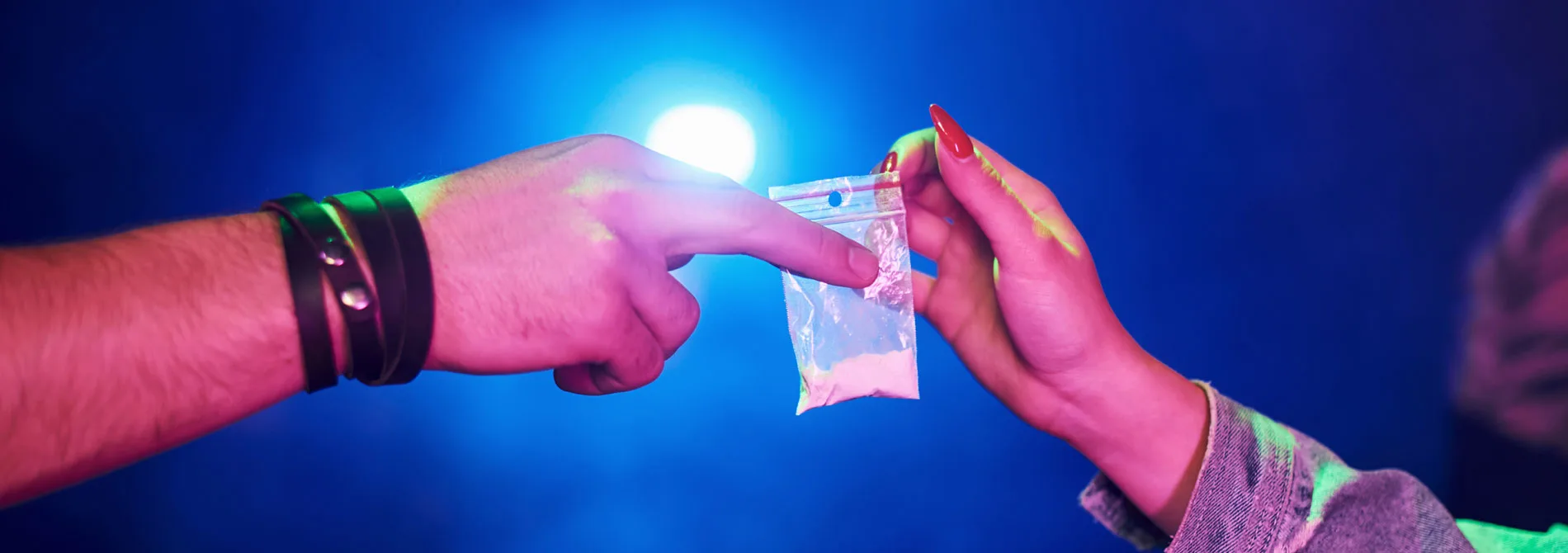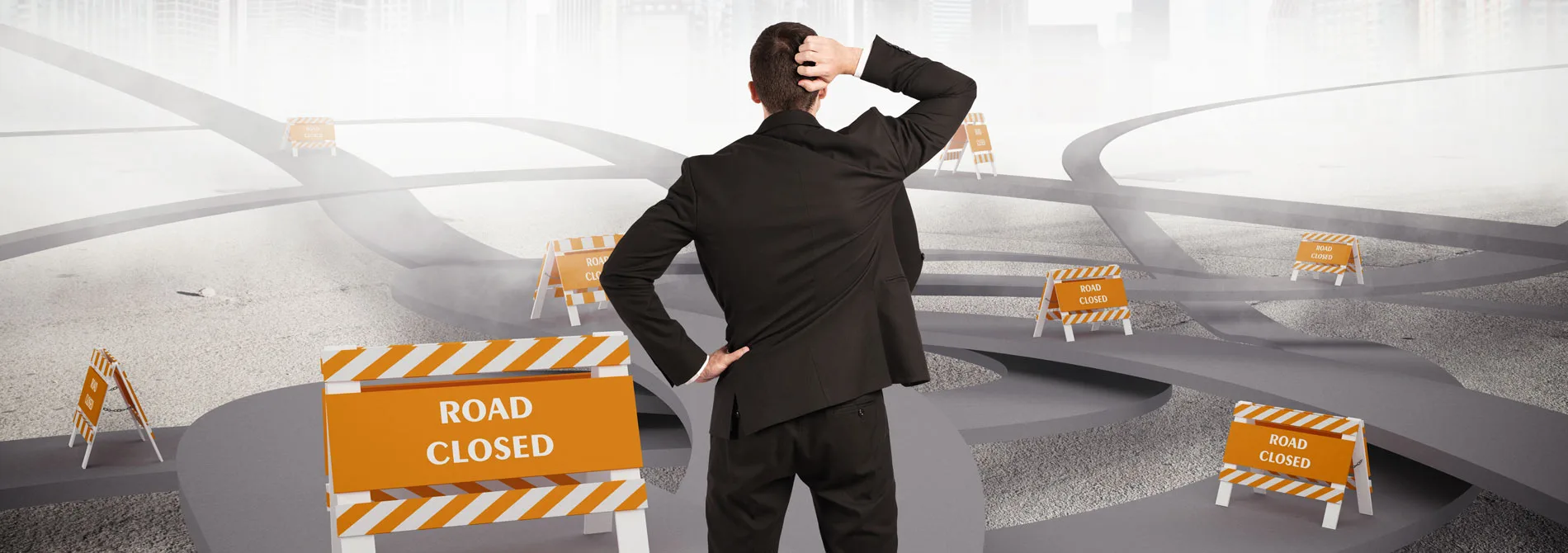The use of party drugs like ecstasy, also known as MDMA or Molly, is increasingly common among young adults. As a loved one, learning that someone you care about has used ecstasy can be deeply concerning. Naturally, questions arise: Is ecstasy addictive? What are the risks? How do I know if they need help?
At Hanley Center, we understand the complex nature of substance use in young adults, especially when it involves psychoactive drugs like MDMA. Our clinical team is equipped to support individuals and families through evidence-based, age-appropriate care that addresses both substance use and co-occurring mental health concerns.
What Is Ecstasy (MDMA/Molly)?
Ecstasy, also known by its chemical name MDMA, or street names like E or Molly, is a synthetic psychoactive drug that alters mood, perception, and brain chemistry. It typically appears as a tablet, capsule, powder, or liquid. Molly is often used to describe the crystalline powder form.
People who use ecstasy report feelings of:
- Increased energy and emotional warmth
- Heightened sensory perception
- Euphoria and reduced social inhibition
These effects can begin within 30–45 minutes of ingestion and last up to six hours. However, what follows can be physical discomfort, emotional crashes, and risky behavior due to impaired judgment. Side effects can include:
- Muscle cramps
- Nausea
- Blurred vision
- Teeth grinding
- Sweating or chills
- Increased heart rate and blood pressure
- Involuntary teeth clenching
- Delusions or hallucinations
Repeated or high-dose use may result in more severe issues, such as sleep disturbances, irritability, loss of appetite, and depression that lingers for days after use.
The Serotonin Crash: Understanding “Blue Monday”
Following ecstasy (MDMA) use, many individuals experience a dramatic drop in serotonin levels, the brain chemical responsible for mood regulation, sleep, and emotional stability. MDMA causes a surge of serotonin during use, which creates the euphoric, connected feeling the drug is known for. However, in the days that follow—especially two to three days after use, often referred to as “Blue Monday”—people may feel deeply fatigued, anxious, irritable, or depressed. This crash can leave users emotionally drained and disconnected, sometimes for several days. Repeated use amplifies these after-effects and can lead to long-term mood instability, memory issues, and symptoms of clinical depression or anxiety.
Is Ecstasy Addictive?
Yes, ecstasy is addictive, particularly with repeated use. Like other substances that impact brain chemistry, MDMA can lead to both psychological and physical dependency. Users often develop a tolerance, requiring more of the drug to feel the same effects, and may begin craving the drug to manage stress, enhance social situations, or escape emotional discomfort.
Over time, ecstasy use can also contribute to long-term damage to serotonin-producing neurons, impacting mood regulation and overall mental health.
Unknown Substances and the Risk of Fentanyl Overdose
One of the most serious and often overlooked dangers of ecstasy use is not knowing what’s actually in the drug. MDMA purchased on the street, or even from someone trusted, can be cut with or entirely replaced by other substances, including synthetic stimulants or fentanyl, a powerful and deadly opioid. Because fentanyl is colorless, tasteless, and odorless, it can be nearly impossible to detect without testing. Even a tiny amount can lead to a fatal overdose, especially in individuals who have never used opioids. If someone chooses to use ecstasy despite the risks, it’s critical to carry naloxone (Narcan)—a life-saving medication that can reverse the effects of an opioid overdose. Narcan is available over the counter in many states, and carrying it could save a life.
When Substance Use and Mental Health Overlap
Many individuals turn to MDMA to escape emotional pain, trauma, or underlying mental health disorders such as depression or anxiety. In such cases, substance use is often a form of self-medication, and this makes proper diagnosis and treatment crucial.
At Hanley Center, our dual diagnosis approach ensures that we treat both the substance use disorder and the co-occurring mental health condition simultaneously, helping patients gain the tools to manage symptoms without the use of substances.
Comprehensive Treatment at Hanley Center
Recovery from ecstasy addiction begins with a personalized treatment plan. At Hanley Center, we offer a full continuum of care for adults struggling with MDMA and other substance use disorders.
Our treatment may include:
- Medically supervised detox
- Residential treatment in a structured, supportive environment
- Integrated mental health care, including trauma and mental health disorder treatment
- Individual and group therapy, rooted in evidence-based practices like CBT and DBT
- Family therapy and support services, to promote healing across the family system
- Continuing care planning, including outpatient services and alumni support
Our goal is to help individuals not only stop using but to build a meaningful life in recovery, supported by tools for emotional regulation, healthy relationships, and long-term stability.
Hanley Center is a well-known care provider offering a range of treatment programs targeting the recovery from substance use, mental health issues, and beyond. Our primary mission is to provide a clear path to a life of healing and restoration. We offer renowned clinical care for mental illnesses and have the compassion and professional expertise to guide you toward lasting wellness. For information on our programs, call us today: 561-841-1033.




